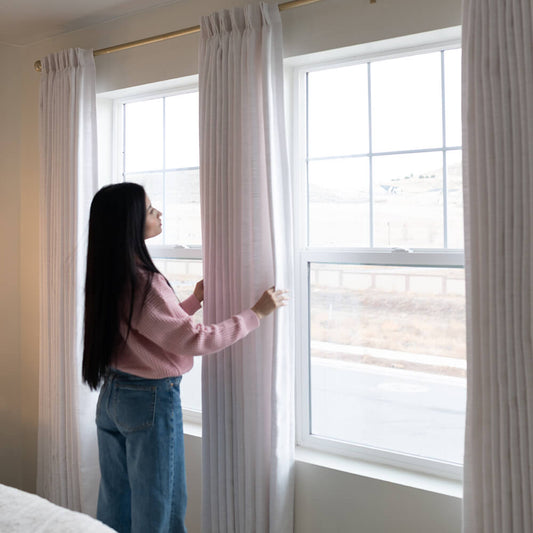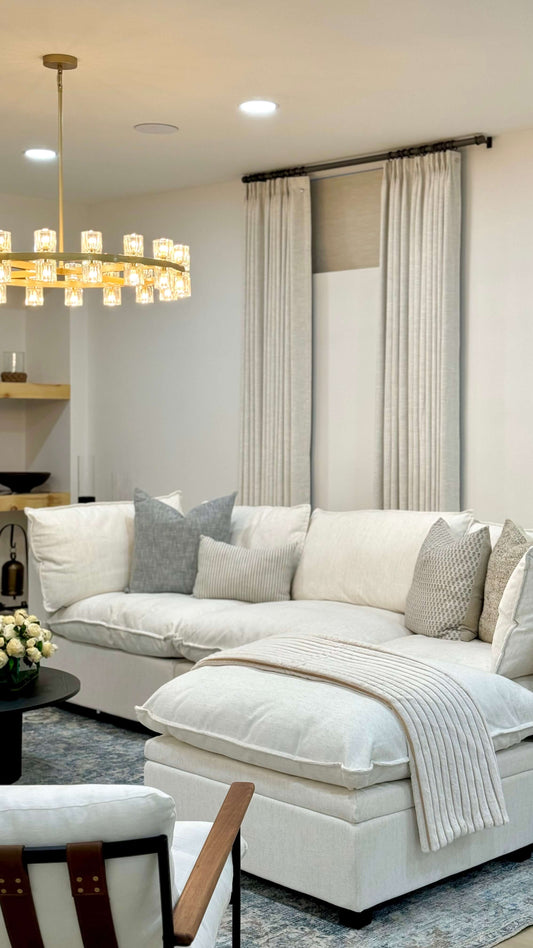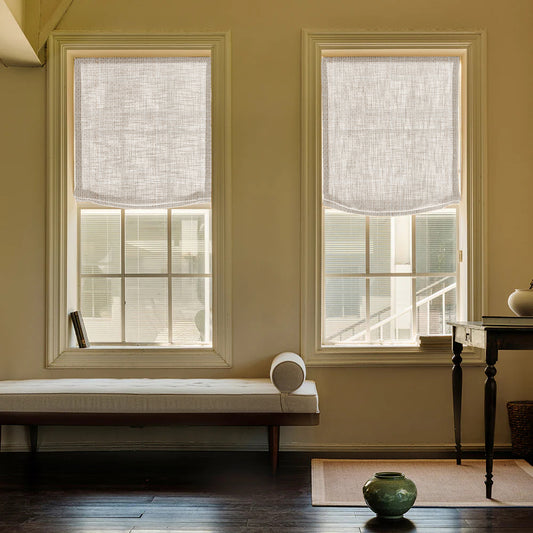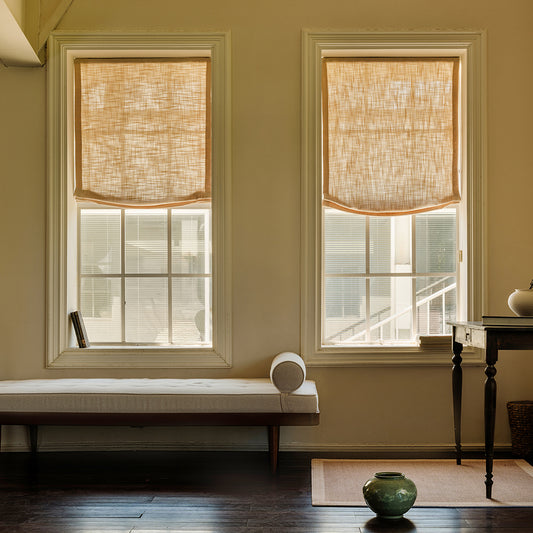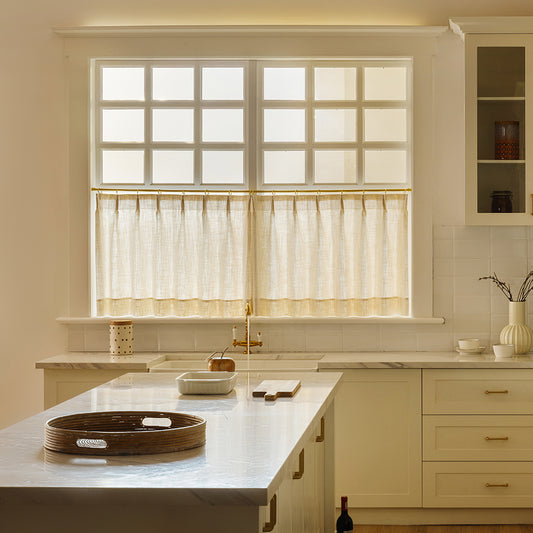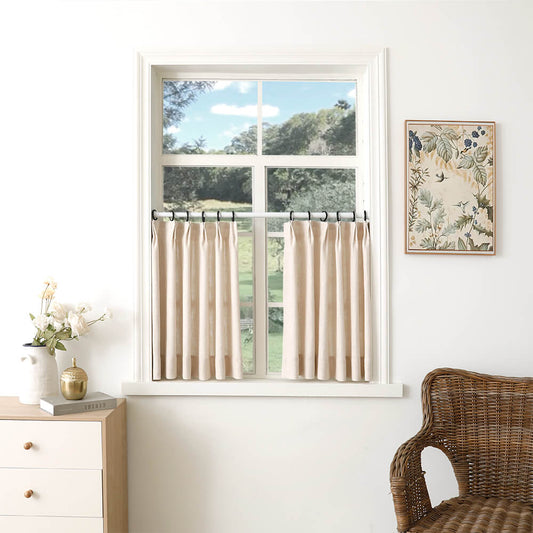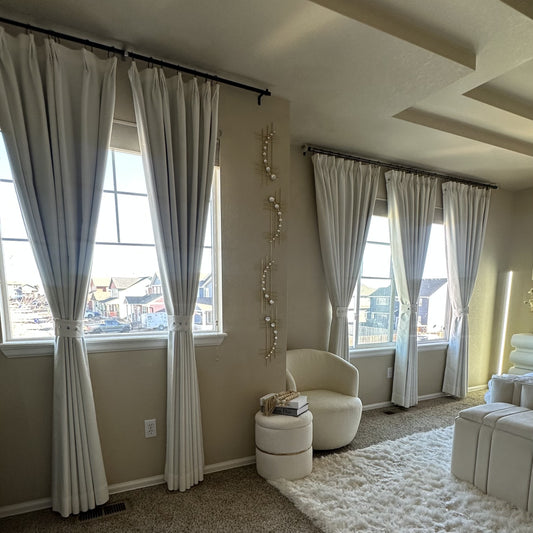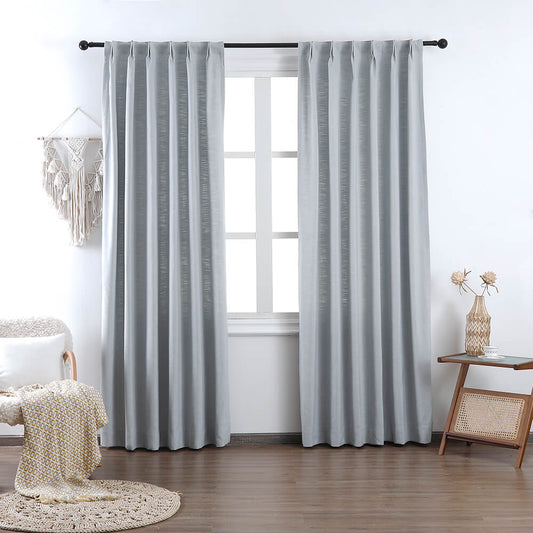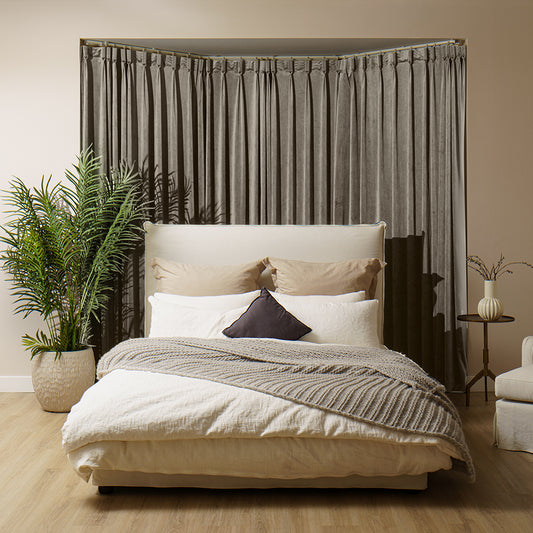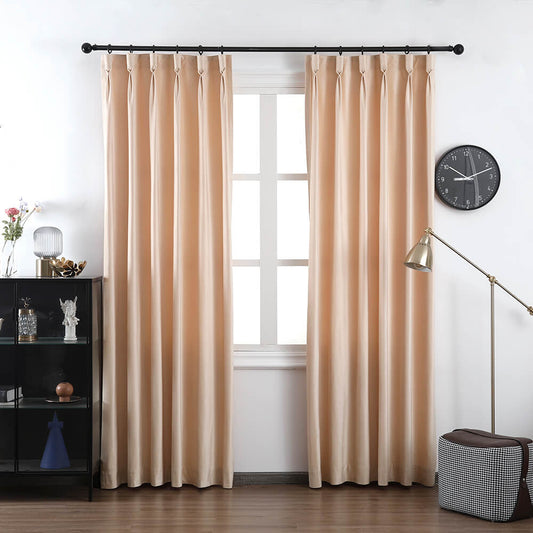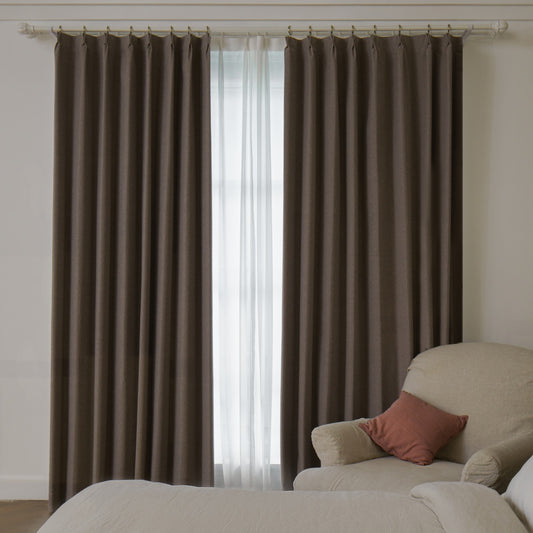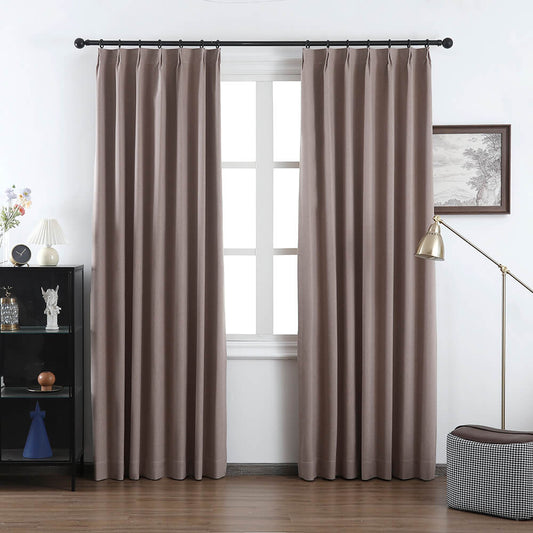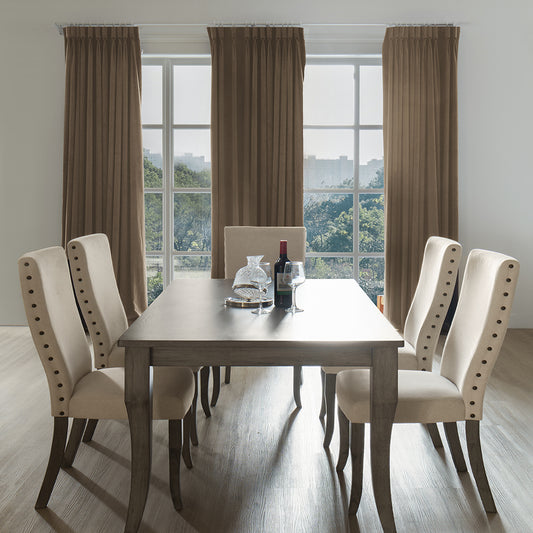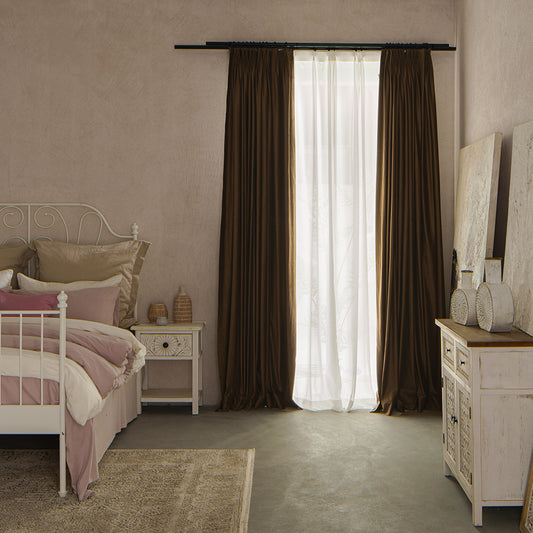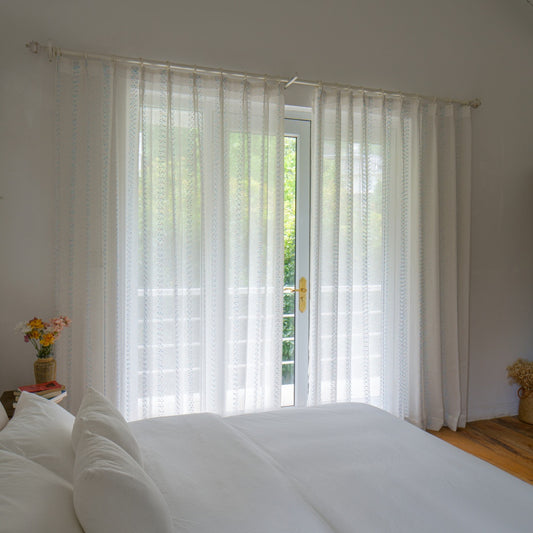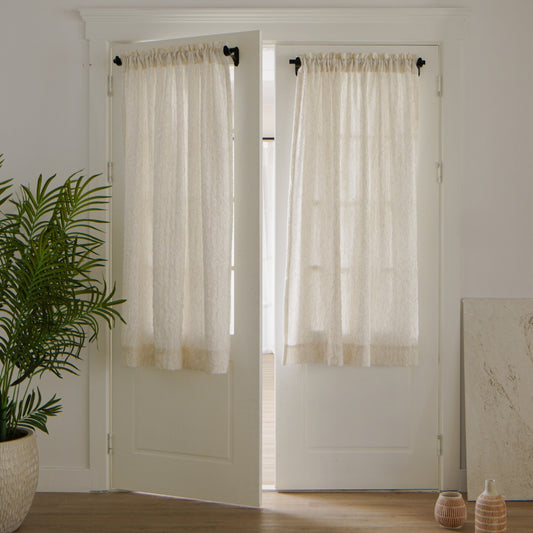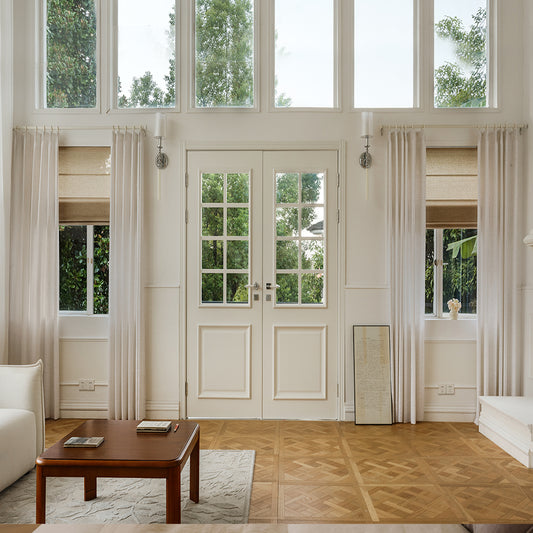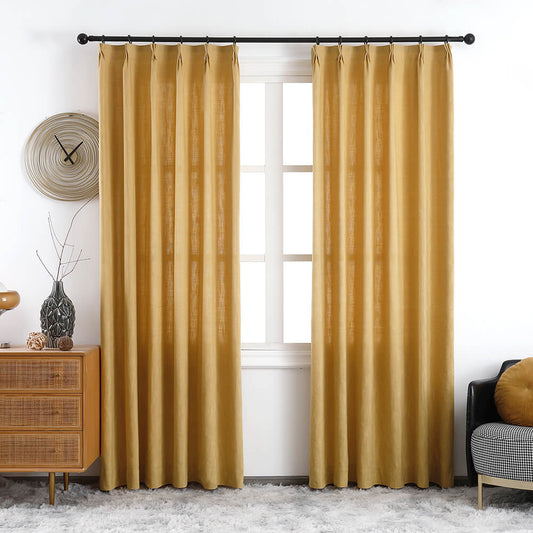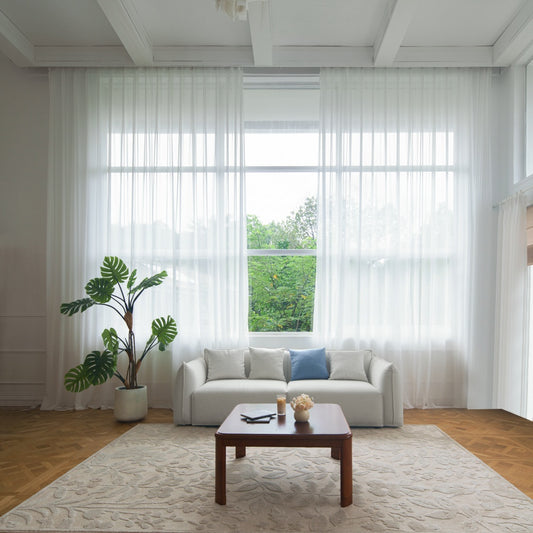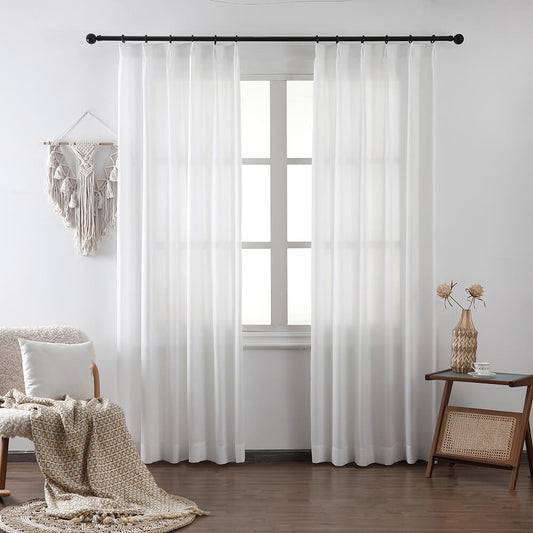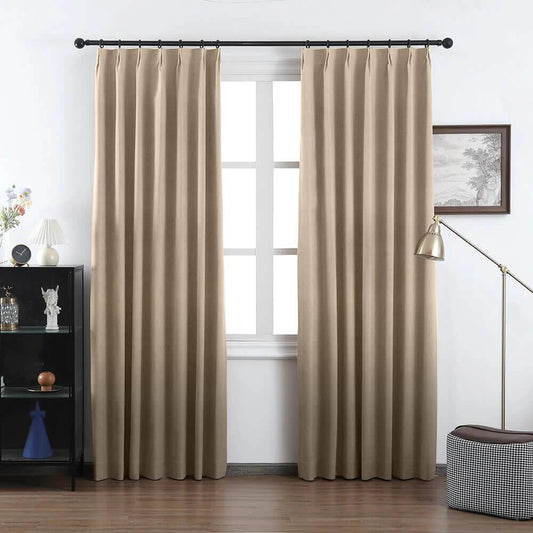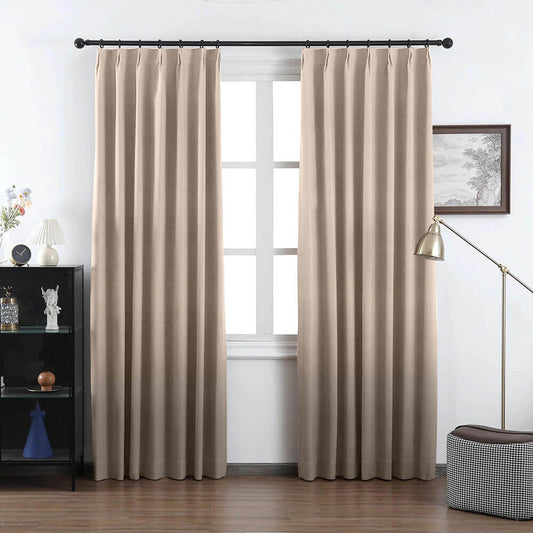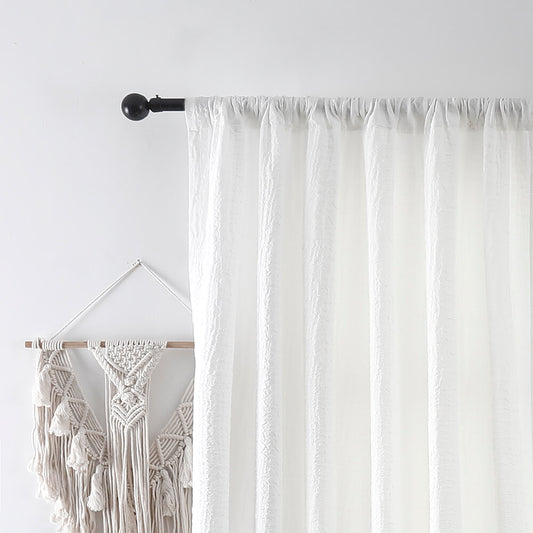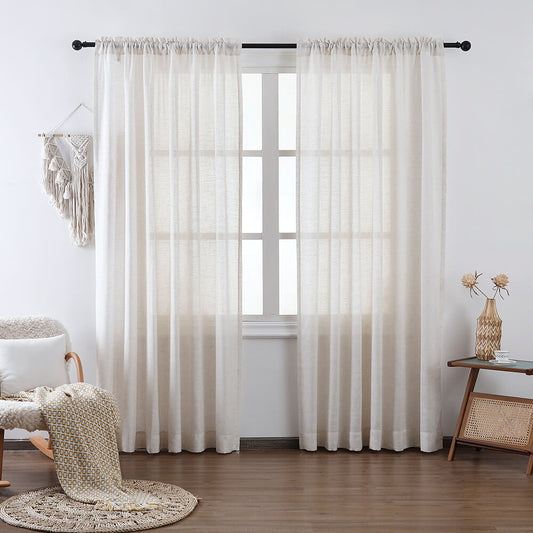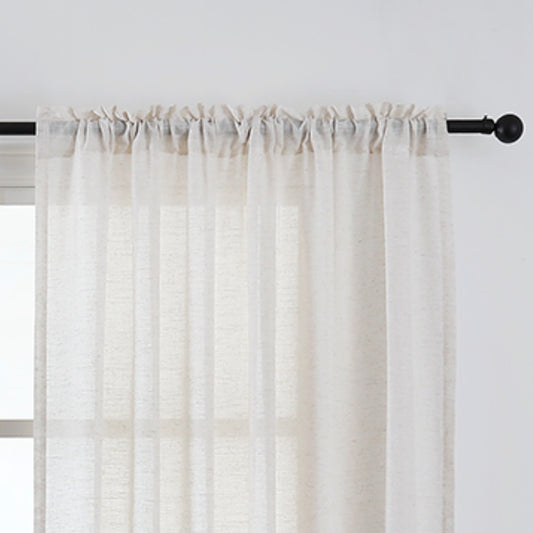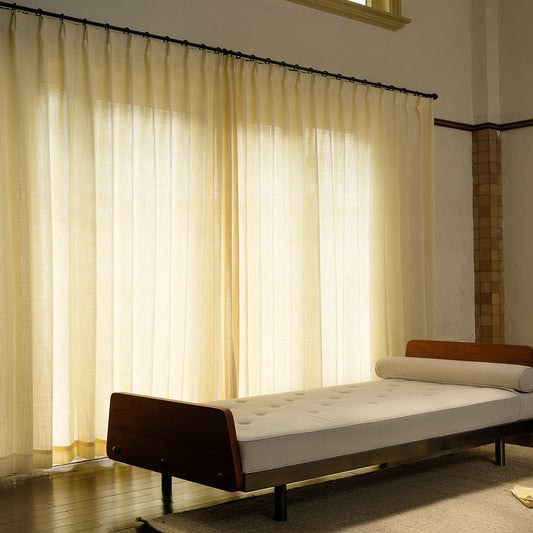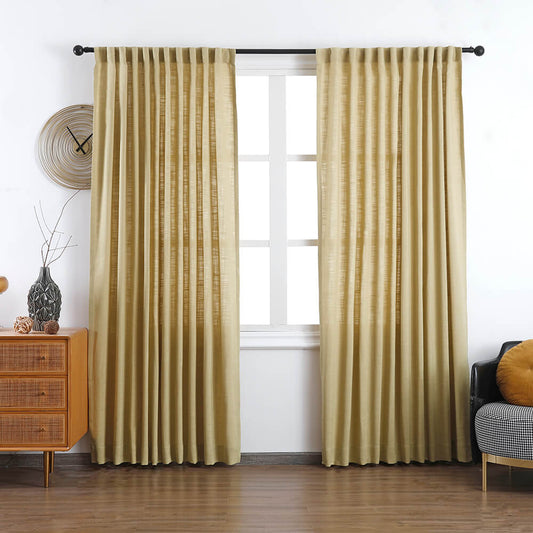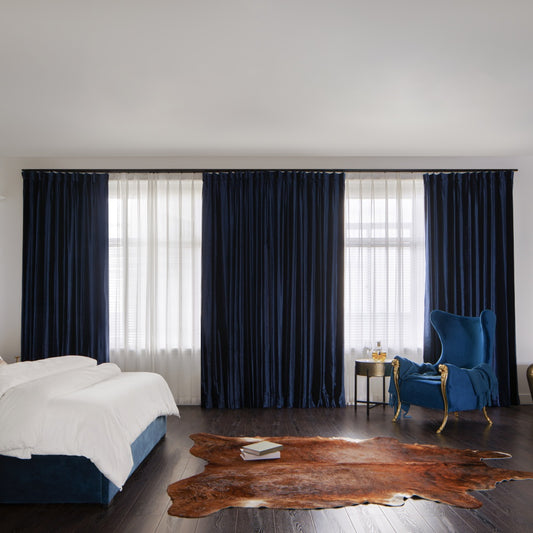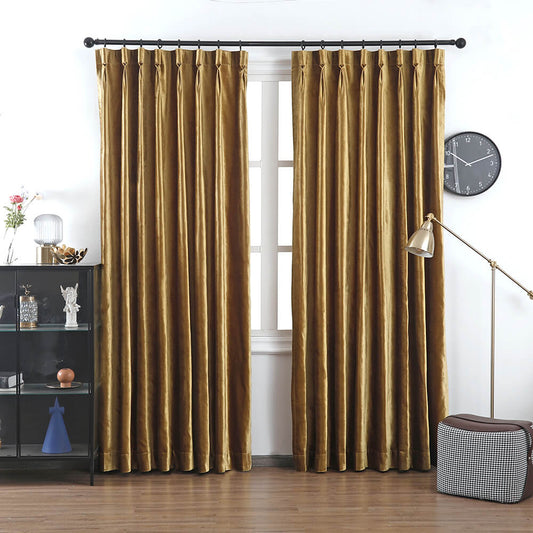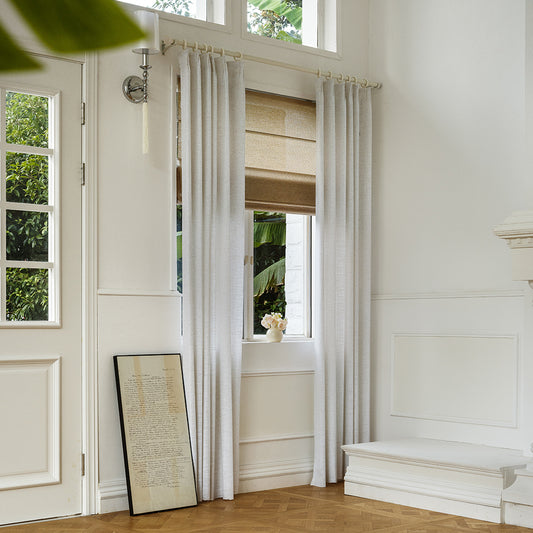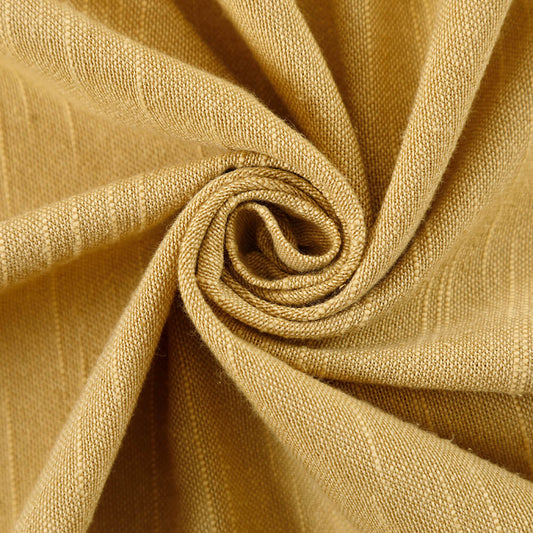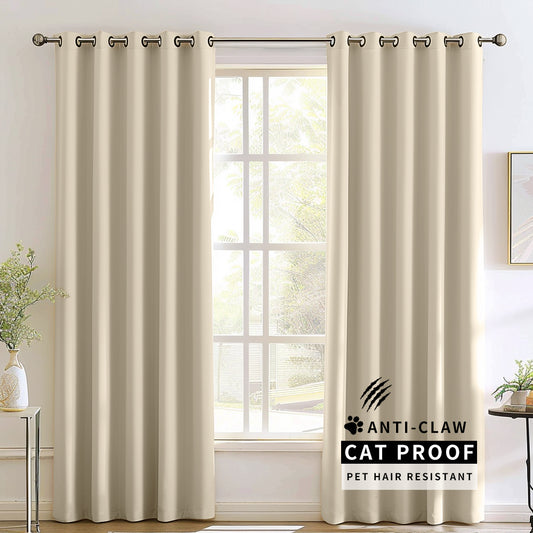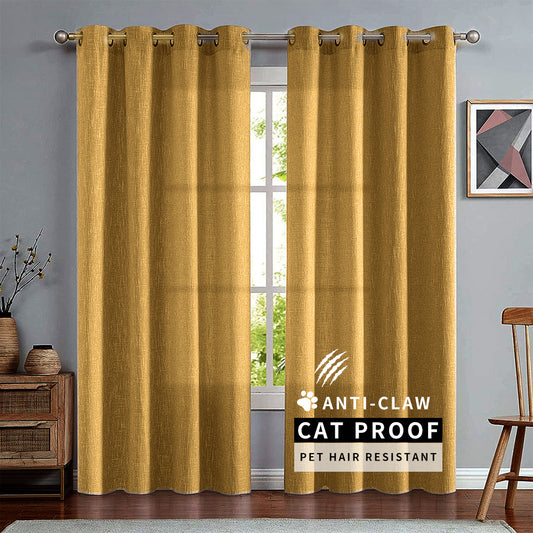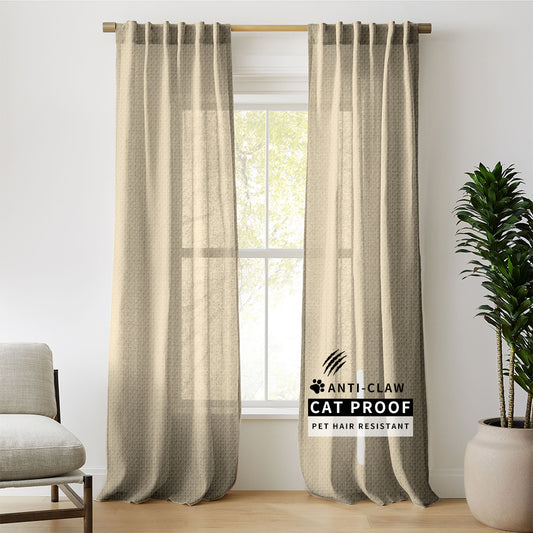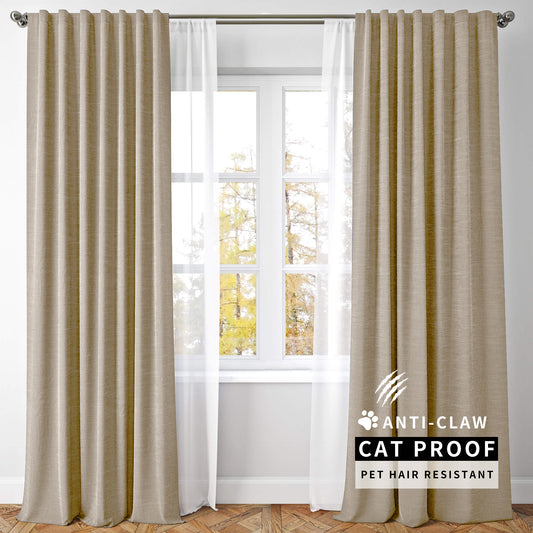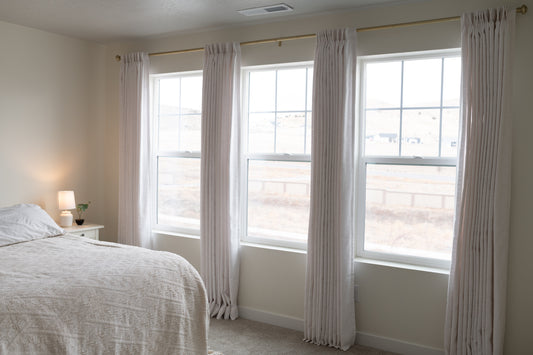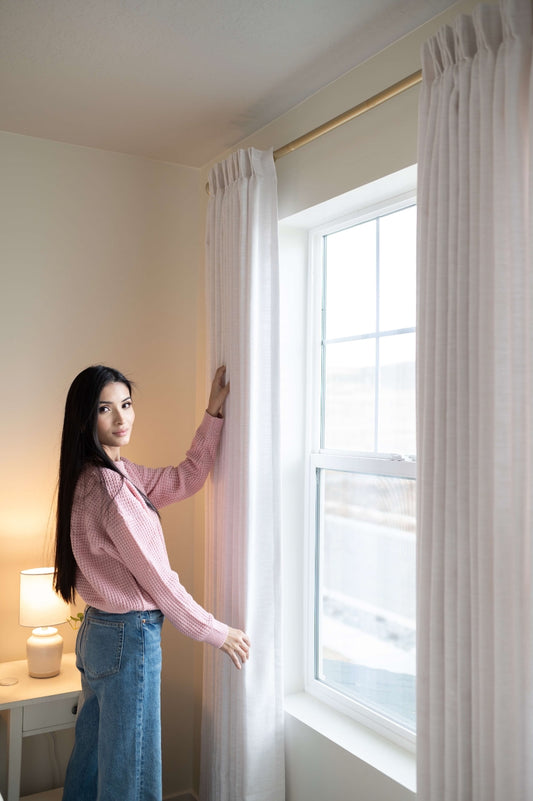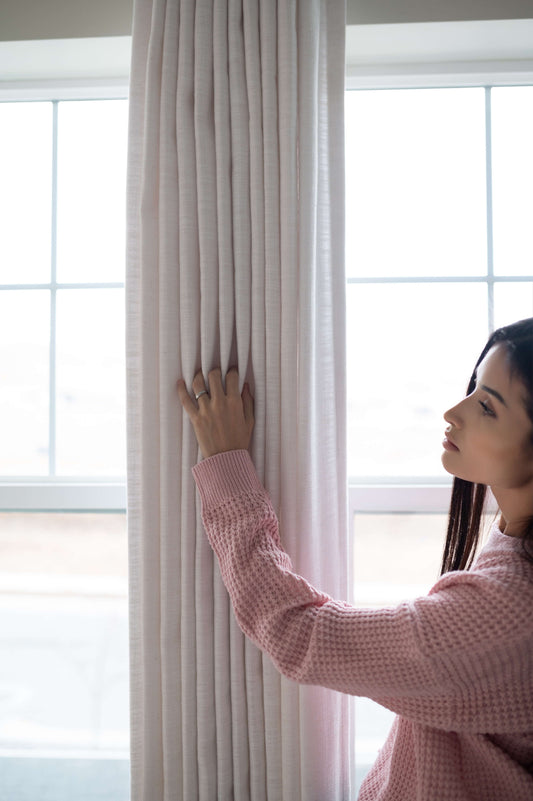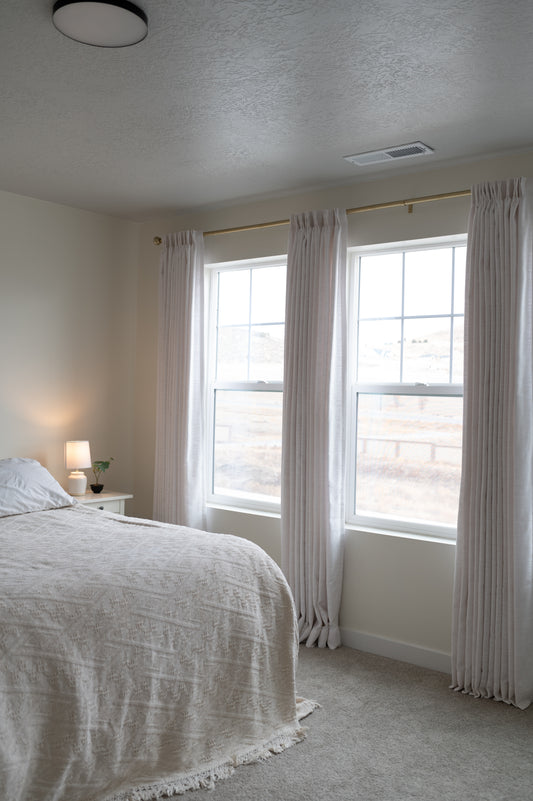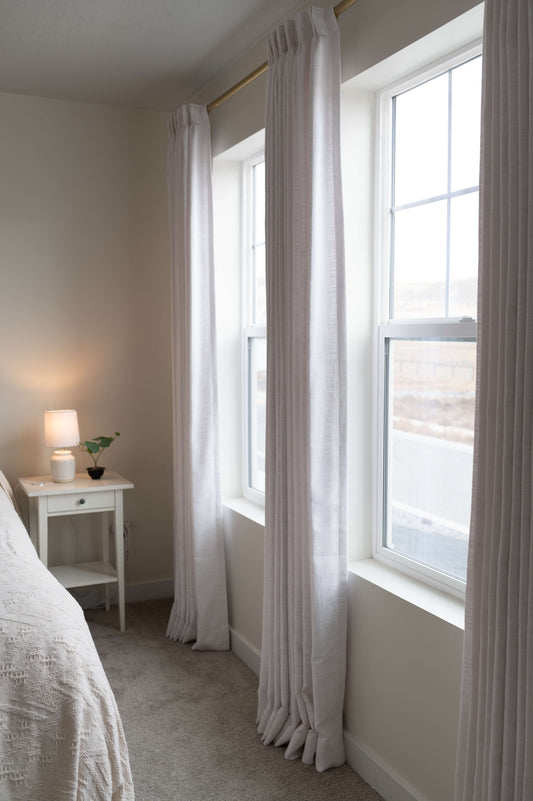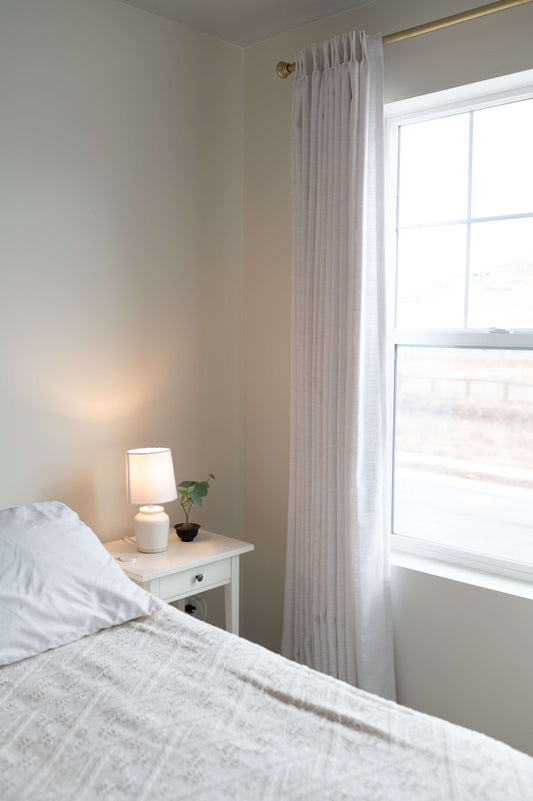Comparing Wholesale Custom Curtains: Which Fabric Is Best?
Distributers and stores trying to satisfy market needs depend on selecting the correct fabric for wholesale bespoke curtains. The fabric decides the curtains' cost-effectiveness, durability, attractiveness, and utility as well as their quality. Various sectors, including residential clients, commercial offices, and hotels, call for different fabric qualities to fit their particular needs.
Comparing their advantages, disadvantages, and optimal uses, this study investigates the best fabric options for wholesale bespoke curtains. You will know at the end which cloth best fits your customer tastes and corporate objectives.
Important Considerations in Selecting Curtain Fabric
Think about these key considerations while choosing wholesale curtain materials before digging into certain fabric types:
One considers longevity and durability.
The cloth should be fade-resistant and durable during extensive use. While some materials, like silk, demand more care, others, like polyester, provide great durability.
2. Beauty Value
The drape, color, and texture of the cloth affect the curtains' whole appearance. While hotel clients might want opulent, rich fabrics, commercial clients frequently give sleek, modern materials top priority.
3. Privacy and Lighting Filtration
While certain materials let light diffuse, others offer total blacking effects. Meeting particular client needs calls for an awareness of these variations.
4. Maintenance Requirements
While some materials are machine washable, some need for dry cleaning. Maintenance demands should be balanced by retailers with consumer expectations.
5. Economical Viability
Wholesale curtain choice depends much on bulk pricing and cost-effectiveness. Often offering a mix of affordability and quality, synthetic mixes

Comparing Common Curtain Fabrics
1. Polyester Curtains: The Affordable Decision
Advantages:
reasonably priced and widely accessible
sturdy and wrinkle-resistant
little upkeep, machine washability
Found in a range of hues and textures.
Drawbacks:
Less airy than natural materials
Might not have the opulence of expensive materials.
Best for offices, rental homes, frugal hotel environments.
2. Versatile Option: Cotton Curtains
Positive aspects:
Easy to breathe and naturally beautiful
soft feel with several weaves at disposal
Mix with polyester to get longevity.
Constraints:
prone to shrinkage in absence of pre-treatment
might call for regular ironing.
Perfect for residential clientele, boutique hotels, casual business environments.
3. Elegant and airy fabric: linen curtains
Advantage:
Organic, light, and airy
gives a classy, textured look.
provides soft glow-producing light filtering.
Negative aspects include:
Easy wrinkles call for steaming or ironing.
Cost more than cotton or polyester.
Perfect for premium hotels, upscale homes, spa settings
4. Velvet curtains: the opulent statement
Positive aspects:
Weighty with great insulating qualities
offers a rich, upscale look.
superb for blackout needs
Conventions:
calls for particular treatment (dry cleaning advised)
pricier than common textiles
Perfect for theaters, opulent hotels, upscale retail businesses

5. silk curtains: timeless elegance
advantages:
Rich, refined look with inherent shine
wonderfully drapes for a sophisticated appearance.
highly appreciated in designs of luxury homes
drawbacks include:
costly and needing careful treatment.
sensitive to fading and sun damage.
Best for upscale hotels, designer boutiques, formal settings.
6. Thermal fabrics and blackouts: comfort meets utility
The pros are:
totally blocks light, so enhancing the quality of sleep.
helps with energy economy and temperature control.
In several textures and finishes.
Drawbacks:
Could be bigger and heavier.
limited in terms of fabric suppleness when compared to natural materials
Ideal for hotels, meeting rooms, residential bedrooms
Ultimately
The intended application, budget, and client tastes will all affect the best fabric to use for wholesale bespoke curtains. While linen and silk appeal highly, polyester and cotton are reasonably priced and versatile. Functional choices for seclusion and energy efficiency are blackouts and thermal curtains.
Knowing these fabric properties helps you, as a distributor or retailer, more successfully satisfy client needs, therefore increasing sales and customer happiness. Selecting the correct fabric guarantees long-term value and a strong wholesale curtain industry market position.
Questions and Answers
Q1:For wholesale curtains, what fabric is most durable?
Perfect for both business and home use, polyester is among the most reasonably priced and robust materials.
Q2:Which cloth would be ideal for curtains in a luxury hotel?
For upmarket hotels and first-rate hospitality environments, silk, velvet, and high-thread-count linen are great selections.
Q3: Exists a variety of fabric type blackout curtains?
To improve light-blocking qualities, blackout linings can be included to several curtain materials, including polyester, cotton, and velvet.
Q4: For simplicity of maintenance, what fabric is best?
Ideal for hectic surroundings, polyester and cotton blends are machine washable and require little maintenance.
Q5: For which wholesale curtain fabric would be ideal for my company?
Think through elements including cost, target audience preferences, durability, and upkeep. Providing a range of reasonably priced yet high-quality choices serves a larger clientele.
